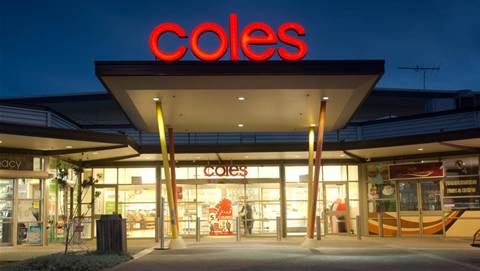D2C furniture retailer Life Interiors has invested in an e-commerce ecosystem as part of its digital transformation program.
According to Life Interiors CEO Basil Karam, “We decided to use technology and digital itself as a way to differentiate ourselves in the marketplace and show that our designer furniture was accessible to the average consumer.”
Karam says that incumbent furniture retailers were using traditional methods to reach consumers – whereas Life Interior’s investment in digital has brought about more cost effective reach and brand awareness.
The business moved from Magento to Shopify as part of its transformation, placing e-commerce at the heart of the business, says Karam.
After using the free Magento Community Edition for a few years, Life Interiors made the switch to Shopify, having found Magento was taking up too much resource to run effectively.
“[Magento] required a lot of technical resources in terms of management and upkeep and maintenance, we're in the middle of the click frenzy event at the moment, it required us to scale up our AWS instance and speak to our caching provider. Make sure there's sufficient caching in place, and all these different steps were required,” says Karam.
“It was just manual and it was slow and if you’d forgotten about it, you’d get caught out. So, that was one component of the change… It was at a legacy platform and it was just not flexible enough to take advantage of what was happening in the overall marketplace.”
The focus in the switch was to simplify processes, he says. Despite the upfront cost of replatforming, not replatforming would have had a greater effect.
“The notion of technical debt is real.”
“You realise that if you don’t align yourself with a partner platform and take advantage of the latest technologies and trends and investments that these platforms are making, you will be left behind. Later on down the track is actually insurmountable and very hard and complicated, and you’ll most probably find yourself in a position of playing catch-up.”
The outcomes are most evident in conversion rates which has seen a 23 per cent uptick. Karam says the business also saw an increase in average orders of approximately 60 per cent which he pins down to the usability of the Shopify platform.
“They were all really important metrics, people were adding more items into their cart and it was easier for them to purchase as well.”
According to Shaun Broughton, Regional Managing Director APAC for Shopify, digital commerce is made simple when the technology foundations are "intuitive, integrated and easy to use".
"Life Interiors sought to strengthen its infrastructure, while implementing efficiencies across all business operations. This is where we came in with Shopify Plus. The simplicity and usability of the integrated SaaS platform meant that the already-established business was able to implement the re-platform and migrate everything in just six months," said Broughton.
"As Life Interiors have aspirations to expand into overseas markets too, managing global commerce and any barriers that may be involved including different regulations, currencies and import taxes, was a key priority. Shopify democratises cross-border commerce, so that merchants can be empowered to pursue global opportunities."
As Life Interiors was a digitally native business pre-COVID, the business was able to capitalise on the trends that were already in place.
“Our investment in digital, it really is a means of differentiating the business, are going to continue. From a team culture perspective or a team perspective, the work from home policies that are in place at the moment will be ongoing.
The team have really have worked exceptionally well in that environment. And we did have a lot of cloud-based infrastructure, which allowed them to be able to do that anyway.”


_(20).jpg&h=140&w=231&c=1&s=0)
_(22).jpg&h=140&w=231&c=1&s=0)
.png&h=140&w=231&c=1&s=0)




_(26).jpg&w=100&c=1&s=0)

 iTnews Executive Retreat - Security Leaders Edition
iTnews Executive Retreat - Security Leaders Edition












_(1).jpg&h=140&w=231&c=1&s=0)



